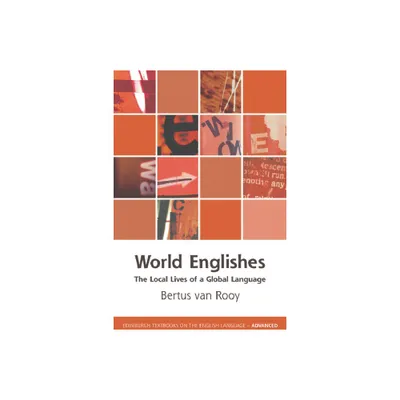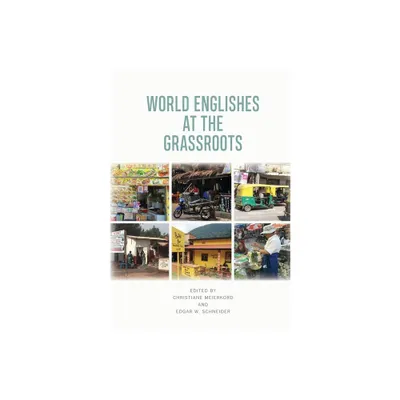Home
Metaphor Language and Culture across World Englishes
Loading Inventory...
Barnes and Noble
Metaphor Language and Culture across World Englishes
Current price: $150.00


Barnes and Noble
Metaphor Language and Culture across World Englishes
Current price: $150.00
Loading Inventory...
Size: Hardcover
*Product Information may vary - to confirm product availability, pricing, and additional information please contact Barnes and Noble
This book advances and broadens the scope of research on conceptual metaphor at the nexus of language and culture by exploring metaphor and figurative language as a characteristic of the many Englishes that have developed in a wide range of geographic, socio-historical and cultural settings around the world.
In line with the interdisciplinary breadth of this endeavour, the contributions are grounded in Cognitive (Socio)Linguistics, Conceptual Metaphor Theory, and Cultural Linguistics. Drawing on different research methodologies, including corpus linguistics, elicitation techniques, and interviews, chapters analyse a variety of naturalistic data and text types, such as online language, narratives, political speeches and literary works. Examining both the cultural conceptualisations underlying the use of figurative language and the linguistic-cultural specificity of metaphor and its variation, the studies are presented in contexts of both language contact and second language usage. Adding to the debate on the interplay of universal and culture-specific grounding of conceptual metaphor,
Metaphor in Language and Culture across World Englishes
advances research in a previously neglected sphere of study in the field of World Englishes.
In line with the interdisciplinary breadth of this endeavour, the contributions are grounded in Cognitive (Socio)Linguistics, Conceptual Metaphor Theory, and Cultural Linguistics. Drawing on different research methodologies, including corpus linguistics, elicitation techniques, and interviews, chapters analyse a variety of naturalistic data and text types, such as online language, narratives, political speeches and literary works. Examining both the cultural conceptualisations underlying the use of figurative language and the linguistic-cultural specificity of metaphor and its variation, the studies are presented in contexts of both language contact and second language usage. Adding to the debate on the interplay of universal and culture-specific grounding of conceptual metaphor,
Metaphor in Language and Culture across World Englishes
advances research in a previously neglected sphere of study in the field of World Englishes.

















